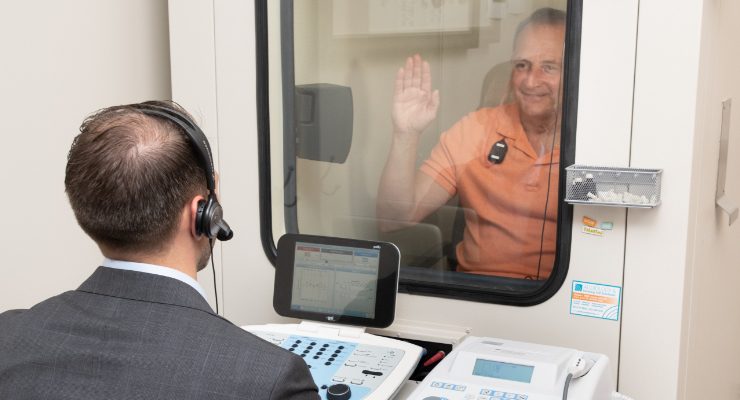
The risk of hearing loss is higher as people advance into their golden years. This is usually due to organ deterioration at this life stage, among other factors. The ear is a crucial sensory organ that contributes to overall well-being apart from hearing and making meaning of sounds.
In older adults, hearing loss can cause significant interruptions to their quality of life. Without hearing aids, most of these distractions have the potential to impact normal routines. Below are a few ways hearing impacts the quality of life of older adults.
Reduced Communication
With gradual hearing loss comes the challenge of understanding or following conversations. This can often be difficult for older adults who used to be the life of the party. The sudden inability to understand what people say may cause confusing feelings. It can also give rise to disagreements and misunderstandings in some situations. They often internalize these difficulties and conclude there is no reason to communicate much.
As a result, these people may begin to contribute less to hearty conversations or discussions. This creates boredom and a total lack of interest in social activities. Reduced communication is often the first sign that something is off. Other times, it presents as exhaustion and tension among older adults. In many situations, observant relatives pick on these changes and may suggest that they see an audiologist for further help.
Social Isolation, Loneliness and Withdrawal
Social isolation and withdrawal often follow reduced communication. Remember that older adults may have already internalized their hearing loss and how it impacts relations with others. When this persists for too long, they may begin to isolate themselves and withdraw.
A January 2022 report on hearing loss discovered that a decrease in decibels puts older adults at an increased risk of loneliness. The published report indicated it raises the odds of withdrawal and solitude by as much as seven percent. The question now is why the odds increase among older adults.
The researchers explained that these people are usually retired and often live alone. They may get to see relatives occasionally, which means they have reduced physical interactions. When hearing loss sets in, it increases the odds of loneliness because understanding others is already challenging.
Unfortunately, social isolation and withdrawal can increase the risks of poor sleep and depression. In some cases, isolation strains existing relationships. Humans are social creatures, and any limitation can impact their quality of life. And the odds are higher in older adults.
Increased Dementia Risk
Years of neurological research have established a link between cerebral atrophy and dementia. Tests also showed a direct relationship between hearing loss and dementia, where brain scans on many older adults with dementia showed at least a one percent reduction in the cerebrum.
Dementia is known to impact the quality of life of its patients. The usual symptoms, including short attention span, concentration problems and moodiness, do not help either. This means people who experience this may have to stop some of their usual activities, like daily solo outdoor stretches, to ensure their safety.
This is often interpreted as a subtle loss of freedom and privacy because older adults with dementia and hearing loss must be closely monitored. Meanwhile, the more years older adults with hearing loss and dementia go without auditory aids, the higher the risk of brain atrophy.
Sound waves that hit the inner ear and are transmitted to the brain act as an exercise for the cerebrum. The loss of these sounds is, therefore, responsible for the shrinkage. It is advisable to see an audiologist when the first signs of hearing loss are noticed.
Risk of Falls and Injuries
The ear does much more than hear and interpret sounds. The vestibular system, located in the inner ear, is responsible for the body’s ability to balance itself. These loop-shaped canals contain a special fluid that plays a significant role in keeping your balance. In the medical field, it is believed that hearing loss often triggers balance issues. Among older adults, either one or both impacts quality of life. The chances of falls and injuries increase the risk of reduced mobility.
This means older adults with hearing loss and no auditory aids require increased monitoring for their own safety. Naturally, every adult craves privacy, freedom to do what pleases them and the liberty to go wherever they want. It may not always be the case for this group of people with balance issues brought on by hearing loss. Thankfully, all this can be resolved by visiting an audiologist.
Call Audiology & Hearing Aid Solutions today at (973) 721-6520 and (201) 375-9081. Book your first appointment now and improve your quality of life.



